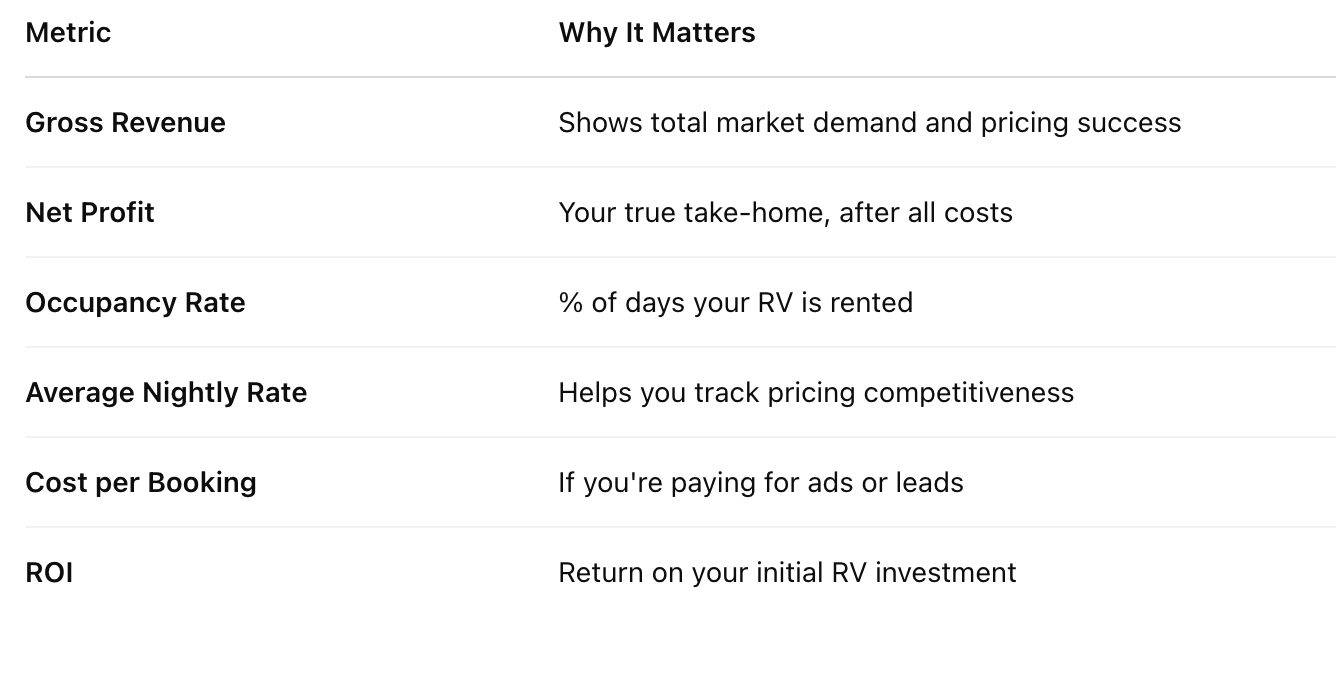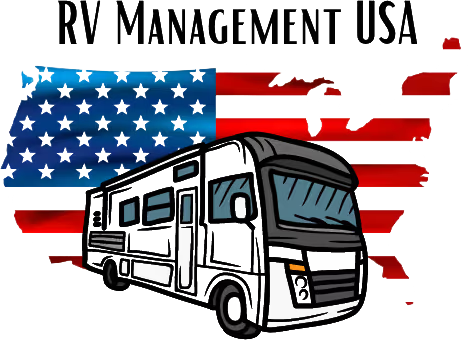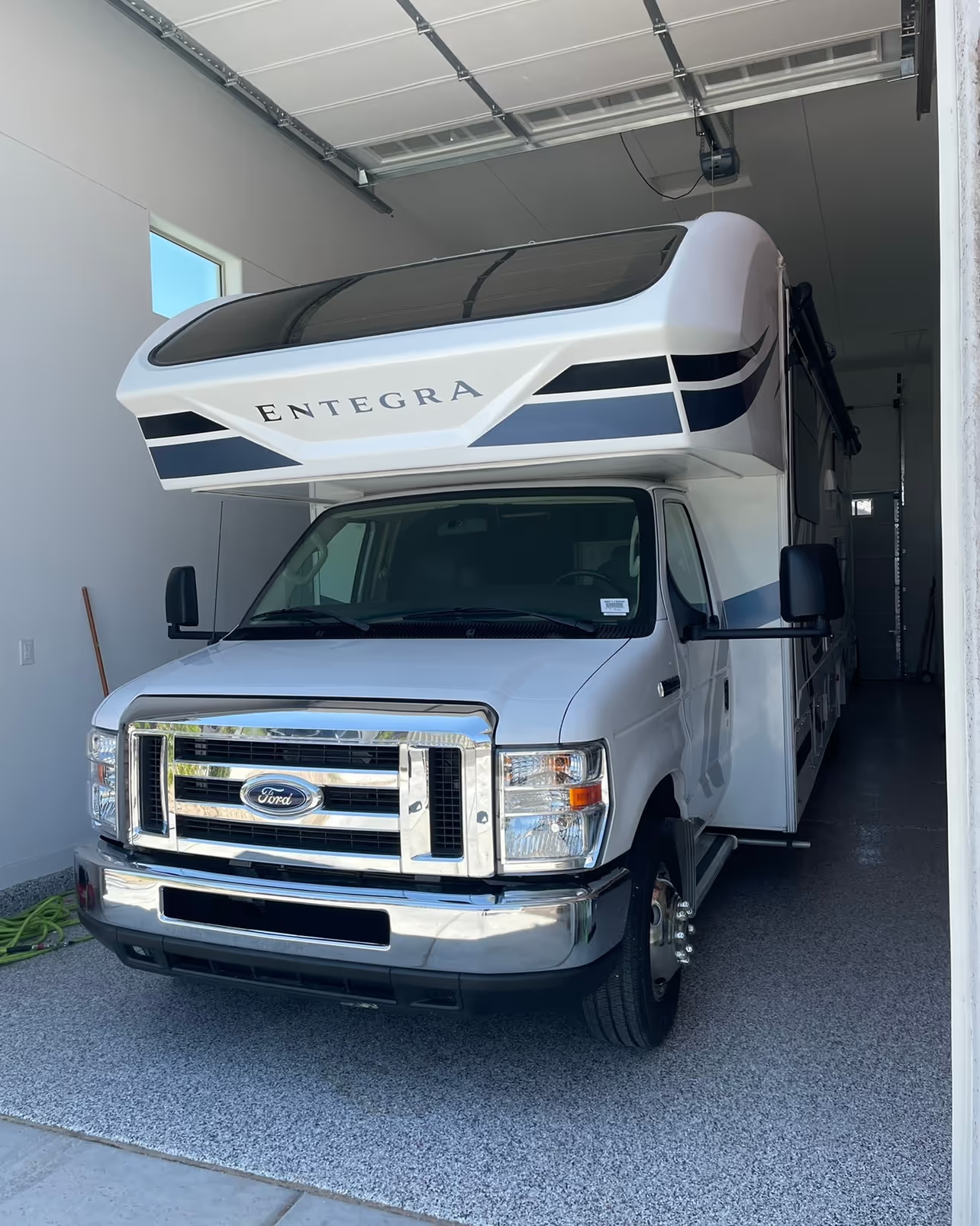Renting out your RV can be a fantastic way to generate passive income—but only if you know how much you’re actually making.
Whether you're new to the RV rental world or already working with a management service like RV Management USA, proper tracking of your earnings is essential. It helps you measure profitability, optimize your strategy, simplify tax prep, and make smarter decisions about your RV’s future.
In this article, we’ll break down how to track your RV rental income and expenses the right way—without turning it into a full-time job.
Why Tracking Matters
Too many RV owners assume they’re doing well just because money is coming in. But without accurate tracking, it’s easy to miss:
- Hidden expenses that eat into profit
- Opportunities to optimize pricing or reduce costs
- Tax deductions that could save you thousands
- A clear picture of return on investment (ROI)
What gets measured gets managed. And what gets managed? That’s what grows.
Let’s dive into what you should be tracking—and how.
What to Track as an RV Owner
Here’s a breakdown of what to monitor to understand your real earnings:
✅ Rental Income
Track every dollar that comes in from renters, including:
- Nightly rental fees
- Add-ons (generator, delivery, cleaning, etc.)
- Extra charges (late returns, damage fees)
- Monthly totals and seasonal trends
If you work with RV Management USA, you’ll receive monthly payout summaries that make this simple.
✅ Management Fees & Platform Commissions
These are deducted from gross earnings automatically:
- Management service fees (usually 50-60%%)
- Platform commissions (Outdoorsy, RVezy, etc.)
- Payment processing fees (usually 2-4%)
✅ Operating Expenses

These include any ongoing costs to keep your RV rental-ready:
- Cleaning & detailing
- Maintenance & repairs
- Storage
- Insurance (especially commercial policies)
- Licensing and registration
- Supplies (bedding, RV toilet paper, kitchen gear, etc.)
You’ll need these records to calculate your true net profit—and to claim tax deductions.
✅ Capital Expenses
Big-ticket investments should be logged separately. These include:
- RV purchase or financing
- Generator or solar upgrades
- Major remodels
- New tires, roof replacements, awnings
You may need to depreciate these over time for tax purposes.
✅ Personal Use
If you use your RV occasionally, you’ll need to track personal use days separately from rental days to:
- Stay compliant with tax rules
- Calculate depreciation accurately
- Avoid penalties or deductions being disallowed
Keep a simple log or calendar and mark any days you use the RV for vacations or non-business purposes.
Tools for Easy Tracking

Here are a few tools and systems that can simplify tracking:
🧾 Spreadsheets (Beginner-Friendly)
Use Google Sheets or Excel to manually log income and expenses. Simple, shareable, and customizable.
Suggested columns:
- Date
- Description
- Income
- Expense
- Category
- Notes
📲 Apps & Software (Automated Option)
Accounting apps like:
- QuickBooks Self-Employed
- Wave Accounting (free and Canada-friendly)
- FreshBooks
- Expensify (for receipt tracking)
These tools sync with your bank account and categorize expenses automatically—great for tax season.
📥 Management Reports (Hands-Off Option)
If you’re working with RV Management USA, you’ll receive monthly and annual performance reports that track:
- Bookings
- Income
- Fees
- Expenses
- Payouts
You can hand these directly to your accountant at year-end. It's that easy.
Metrics to Pay Attention To
To optimize your RV rental performance over time, keep your eye on these key financial metrics:

Taxes: Another Reason to Track Carefully
The better your records, the easier and more profitable tax season becomes. Accurate tracking allows you to:
- Claim all eligible deductions (cleaning, storage, maintenance, etc.)
- Track and apply depreciation properly
- Justify business use vs. personal use
- Avoid audit headaches or disallowed write-offs
Real Example: What Proper Tracking Reveals
Jason, a first-time RV owner, thought he was earning $2,000/month. After breaking it down:
- $2,000 in revenue
- Minus $600+ in platform fees
- Minus $400/month in storage, insurance, and supplies
- Net profit = $1,000/month
But he also forgot to deduct:
- $5,000/year in depreciation
- $800 in annual maintenance
- $200 in tax prep
After adjusting, his true net annual earnings were closer to $7,200—still profitable, but not what he initially thought.
Proper tracking gave him clarity, and allowed him to raise his nightly rate slightly and explore a new storage facility to improve his bottom line.
Final Tips for Smarter Tracking
- Keep business and personal expenses separate—use a dedicated bank account or card if possible.
- Review your numbers monthly—don’t wait until tax season to get organized.
- Work with an accountant who understands short-term rentals—they’ll help you maximize deductions and stay compliant.
Final Word: Know Your Numbers, Grow Your Income

Renting your RV is a powerful way to generate passive income—but it’s only truly profitable if you know your numbers.
Using an RV Rental Management partner like RV Management USA can make things SO MUCH EASIER! RVM will help you maximize earnings and minimize risk sot hat you make monthly passive income with your RV. No stress, no late night phone calls from renters. RV Managmeent USA handles it all and actually helps you earn almost as much as you would doing everything on your own. RVM will help you:
- Maximize profits
- Minimize risks and taxes
- Reduce time, energy, and stress in your life
- Help you grow your RV rental ambitions
Start tracking today—and watch your RV business go from side hustle to smart investment.
— RVM Team













